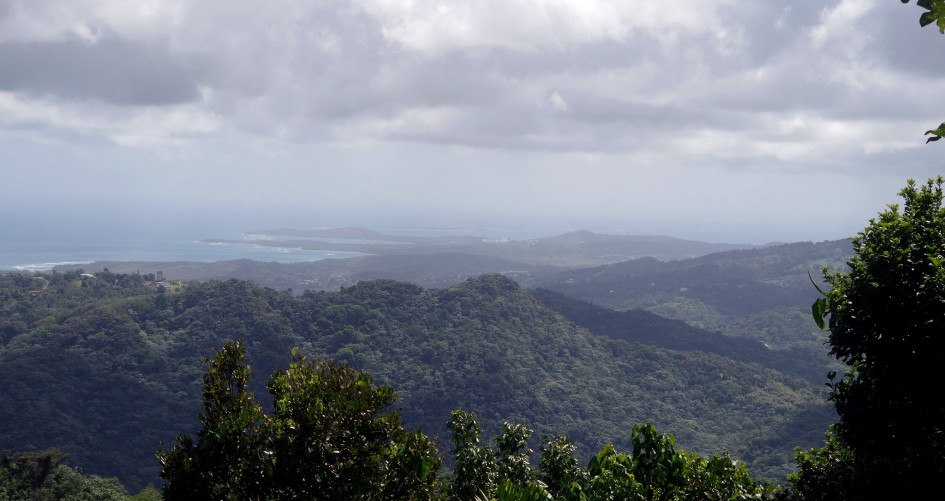Background
According to the IPCC Special Report on Climate Change and Land, activities in the agriculture, forestry and other land use sector (AFOLU) account for 23 per cent of total net anthropogenic emissions of greenhouse gases. The IPCC underlines that there are many land-related climate change mitigation options that do not increase the competition for land, and that many of these options have co-benefits for climate change adaptation. The IPCC identifies REDD+ as the activity with the largest potential for reducing AFOLU emissions (0.4–5.8 GtCO2-eq yr–1). Reducing deforestation and forest degradation, maintaining and enhancing forest C sinks can contribute positively towards GHG emission reduction goals in countries and globally. Additional benefits include the generation of many non-carbon benefits such as enhancing biodiversity, sustaining clean water resources and ensuring food security. However, REDD+ implementation requires sufficient funding, institutional support, local buy-in, and clear metrics for measuring, reporting and verification of effectiveness of measures taken, among other necessary enabling conditions.
Reducing emissions from deforestation and forest degradation and the role of conservation, sustainable management of forests and enhancement of forest carbon stocks in developing countries (REDD+) is a framework negotiated under the United Nations Framework Convention on Climate Change to facilitate intergovernmental cooperation on forests and climate change. Forests are vitally important for achieving the goals of the Paris Agreement, and the REDD+ framework is therefore recognized in Article 5 of the Paris Agreement.
The COP addressed all of these challenges through the adoption of the Warsaw Framework for REDD+. Most of the NDCs submitted by countries also include land-based mitigation, and several NDCs submitted by developing countries explicitly refer to reduction of deforestation and enhancement of forest sinks, mainly through implementing REDD+ activities. The implementation of REDD+ activities can also contribute significantly to other global objectives, such as those agreed by the United Nations Forum on Forests, the United Nations Convention to Combat Desertification, the Convention on Biological Diversity, the UN Sustainable Development Goals or the UN Decade on Ecosystem Restoration.
Further information
The page What is REDD+? provides a non-technical summary of the Warsaw Framework for REDD+. Details on the negotiation process and links to all relevant REDD+ documents can be found in the spotlight section at the bottom of this page. The REDD+ Web Platform provides background information and details on current state of REDD+ implementation in different countries.
REDD+ Web Platform
The COP has invited Parties, relevant organizations and stakeholders to support ongoing efforts, capacity building, demonstration activities and mobilization of resources relating to reducing emissions from deforestation and forest degradation in developing countries and to share the outcomes of these efforts via the REDD+ Web Platform
The COP through its decisions agreed to make available on this platform information and reports relating to REDD+ implementation, including submissions from Parties on proposed forest reference emission levels and/or forest reference levels, national strategies, safeguards and results from implementation of REDD+ activities. So far, more than 60 countries have provided information on REDD+ implementation.
The Lima Information Hub for REDD+ is part of the REDD+ Web Platform. Its aim is to increase transparency of information on results-based actions, on the corresponding payments, as well as information related to the REDD+ national strategies, safeguards, reference levels, and forest monitoring systems. The Information Hub lists transparently the verified quantity of results of all countries that have completed the requirements to be eligible for REDD+ results-based payments, including corresponding results-based payments.
The REDD+ interactive discussion forum was developed following a request from SBSTA 32 to enhance sharing of information, experiences and lessons learned on the use of the IPCC guidance and guidelines. All experts interested to participate in such discussions are welcome to register through the following link:
REDD+ Discussion Forum

